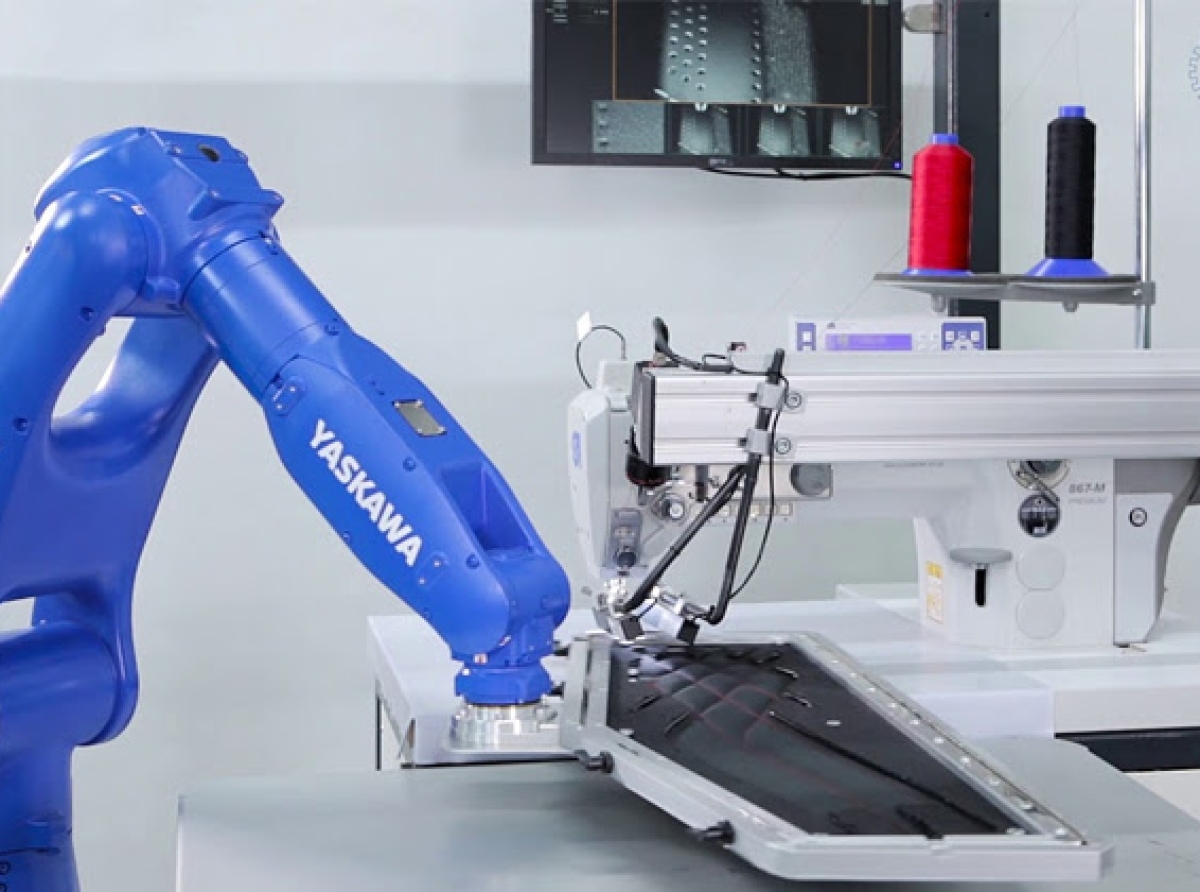28 April 2022, Mumbai:
As we are getting accustomed to the Industry 4.0 era, it is a whole new world of digitization. Everything has shifted online from buying appliances to clothes to medicines, making it faster, more user-friendly, and hassle-free.
So, with digitization in the picture, fashion, textile, and apparel all have a significant role in making the most out of this fourth phase of the industrial revolution.
Brands have to look for the perfect platform, as the competition is at large very high, and there are numerous brands.

ALSO READ Amazon focuses on digitizing MSMEs in India
Digitization's significance has never been more significant. Not only is the fashion industry looking for innovative methods to cut costs, but with the current global pandemic disrupting supply chains, we can all agree that having a digital standby strategy is no longer an option.
International connections between fashion companies and their suppliers must become more digital. Outsourced digitalization, IoT integration, AI, and ERP solutions are now available, allowing the textile sector to achieve Industry 4.0 leadership and streamline the whole fabrication process, from design and coloration through fiber manufacturing, fabric production, finishing, and delivery.

RELEVANT NEWS The emergence of industry 4.0 technologies in 'Textiles & Apparels'
The garment business is exceptionally likely to face significant changes in the following years due to digital transformation. Smart Clothes, or clothes with technical and digital characteristics and conventional protective and representative roles, have emerged as a promising possibility for one of the world's most significant economic sectors, the fashion business.
Devices that provide constant access to the digital world rapidly influence people's lives.
This has a significant influence not just on communication behavior but also on customer behavior. Artificial intelligence (AI) can access and collect historical and real-time operational data, resulting in insights to improve operational efficiency.

When you have a complete view of your operations, it's easier to change processes to maximize human workers' abilities. AI has immensely influenced every step of the process, whether product cost, textile manufacturing, data collecting, just-in-time production, quality control, or computer integrated manufacturing.
In recent years, customers' desires and expectations have altered considerably—they premium on high-quality items, added-value services, and expedited delivery.
The need for digital transformation, which covers anything from 3D-printed gowns to smart factories, has risen.
The digital transformation process, on the other hand, is not easy. It would necessitate a well-considered digitization strategy.
While becoming digital has several advantages, the ability to fulfill ever-changing client behavior will be an essential gain for textile firms.
We don't underestimate the importance of digital transformation, one of the most commonly used words in today's fashion business.
Digital advancements will help propel the fashion, garment, textile, and footwear sectors into the next growth stage in the coming years.
Join our community on Linkedin

























